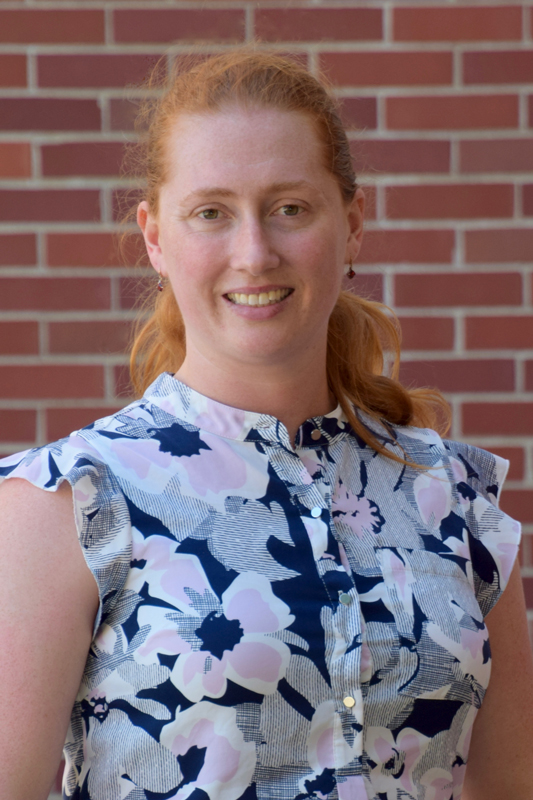 Carley Goodwin
Carley Goodwin
Carley Goodwin (Australia)
David W. McComb, faculty mentor
The ultimate goal of my research is to provide new insights into the structure and properties of human teeth in order to improve hypersensitivity treatment options. The primary features of interest in our work are dentin tubules. To better understand these tubule structures, I am working with colleagues to develop a cutting-edge multiscale correlative characterization workflow that enable us to study and track specific features within a single tooth across many length scales, in both 2D and 3D.
My primary responsibility in this work is to use a HeliScan X-ray micro-CT (XRM) at CEMAS to observe the three-dimensional structure of dentin tubules, then analyze and render the data in Avizo software. The images I collect are then correlated with higher resolution data obtained separately on the same samples via SEM and transmission electron microscope (TEM).
My research has two types of broad impacts: 1) It contributes directly to the general area of oral health and tooth hypersensitivity, which affects millions of people worldwide; 2) I am contributing to the development of a multiscale correlative characterization workflow. Correlative workflows are important for studying materials with unique properties that vary from sample to sample and need to be tracked across multiple length scales.